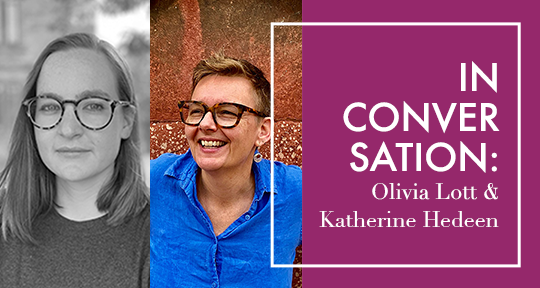Join us this week as our Editors-at-Large bring us news on the most recent bestsellers in the Philippines, the translation of board games in Bulgaria, and the posthumous publication of García Márquez’s final novel in Colombia. From Wattpad-homegrown Filipino authors to the politics of posthumous publication, read on to learn more!
Alton Melvar M Dapanas, Editor-at-Large, reporting from the Philippines
The memoir of Korean mega boy band BTS (both its English and Filipino translations) and the novel Queen of the Universe (Tuttle Publishing, 2023) by 2015 Miss Universe titlist Filipino beauty queen Pia Wurtzbach have triumphed over the early 2024 bestsellers list as gazetted by the National Book Store (NBS), the Philippines’ largest chain of commercial bookshops.
A source of the so-called ‘Pinoy Pride’ from said list are The New York Times chart-topping debut fantasy novel by Thea Guanzon, The Hurricane Wars (Harper Voyager, 2023); journalist and historian Ambeth Ocampo’s Cabinet of Curiosities: History from Philippine Artifacts (published last year by Anvil, NBS’s sister company); and Panda Book Awards-shortlisted Gail Villanueva’s Lulu Sinagtala and the City of Noble Warriors (HarperCollins, 2024), a children’s book imbued with ancient Tagalog mythological lore—all testaments that Filipinos read books written by Filipino authors.
Populating the local fiction hits are Wattpad-homegrown Filipino genre fictionists, their works ranging from new adult to romance, from chick lit to fantasy—among others, Gwy Saludes’ The Rain in España (which has since been adapted into a popularised Viva One web series) and Safe Skies, Archer, both released last year by Precious Pages under Saludes’ penname 4Reuminct; Disney Panganiban’s Zombie University 3 (Lifebooks, 2023); and No Perfect Prince (Majesty Press, 2023) by Jonahmae Pacala or Jonaxx, dubbed as the country’s ‘Pop Fiction Queen’ and the most celebrated contemporary writer from my hometown. READ MORE…



